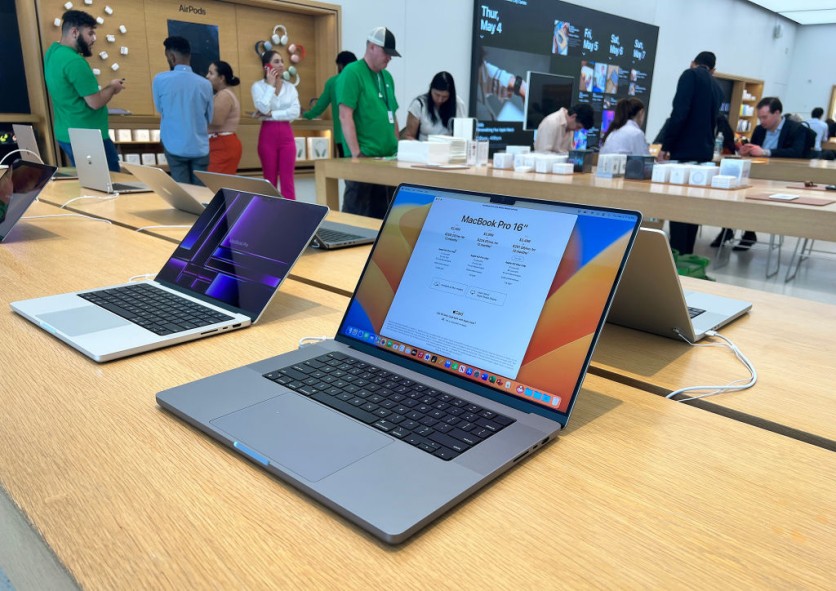Apple has been at the forefront of innovation for some time now. However, the company is not just a pioneer in technology. It also paved the way for brilliant marketing strategies directly affecting the bottom line.
According to research companies, Apple has more sales per square foot of retail space than any company: $5,546. This analysis reveals Apple's excellent understanding of the principles of sales. People still buy from people despite all the technology in the world.

Apple Gives You a Sense of Ownership
Called the "endowment effect," it is a feeling that you own something and increases the probability of you buying it. So, how does Apple do this?
If you've seen Apple's displays of their products, you'll notice that they're always at an odd angle where you can't see them properly without touching them.
To look at the iPhones and Macbooks properly, you'd need to adjust them, giving you a sense of ownership. Additionally, if you ask for help from an Apple employee, they don't touch the products while you check them.
That's because another person touching what you feel is yours might dissuade you from buying it. It subtracts from the ownership experience.
No Cash Registers
Cash registers are nowhere to be found whenever you enter an Apple store. It isn't because all of the products are free. The reason is that the company doesn't want you to think of money while looking around.
Sure, the final goal for Apple is to sell you its products, but what happens is the company selling you an "experience" like no other. When it's time to buy, they give you a device where you can do your transaction.
It appears as a seamless process without the complication of worrying about the cost. You'll likely only think of how much you spend after you leave the store.
Apple Geniuses Lead the Customer
Apple Geniuses are trained to follow the company's mantra APPLE (Approach, Probe, Present, Listen, End). With that in mind, they use several handy sales techniques to make it easier for you to decide on buying.
For example, they lead you to the decision but make it seem like it's you who came up with the idea. First, they give you three products to choose from. It is based on research done at the University of Minnesota, where they discovered that it's easier to choose between three choices instead of two.
Plus, they will give you a "value-for-money" option and the "premium option." Their "premium" product description will be so good that you won't decide on anything else.
Products Are Given Ample Space
Even when the products don't take up much space, Apple's product spacing makes it seem like those small items are so important that they deserve that much space.
That's what you end up thinking too. It's primarily why many researchers are confused about why this company has more sales per square foot since their stores have so much real estate and products take up so much space.
The Hotel Experience
When Steve Jobs was playing with the concept of an Apple Store, he asked people what the best customer service experience they had. In due course, one name kept popping up: The Ritz-Carlton Hotel.
Beyond the principles of the famous hotel chain of greeting with a warm welcome, anticipating customer needs, and giving a fond farewell, even the location and general vibe of the store itself seem like a Ritz-Carlton Experience.
Entering an Apple Store, with its clean, white look and friendly ambiance, will be remembered by anyone who experiences it. A bonus is that the white background makes their products stand out even more. You can tell that Apple provides excellent experience by looking at the outcomes.
They understand their customers' thoughts and feelings as they interact with them and what they can do to elicit the reactions that will keep them coming back for more, or what the industry calls client-driven growth. Therefore, the real question is not whether you should be more like Apple but rather when you will be.
Related Article: Apple Claims 99% Satisfaction Rating From iPhone 14 Users Despite Being 'Statistically Impossible'

ⓒ 2025 TECHTIMES.com All rights reserved. Do not reproduce without permission.




